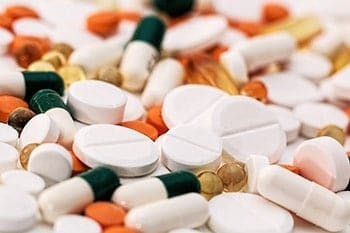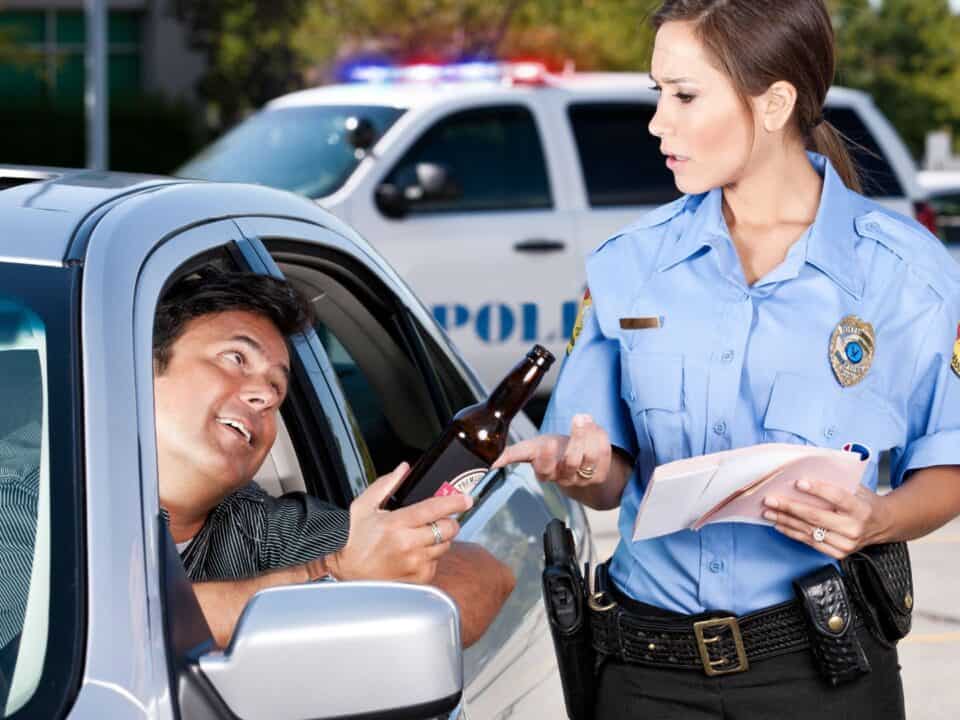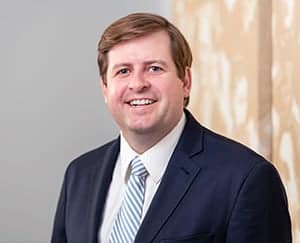 As the prescription drug abuse crisis continues to grow nationwide, men and women across the country (as well as here in South Carolina) are arrested and charged in greater numbers for unlawful possession of prescription drugs.
As the prescription drug abuse crisis continues to grow nationwide, men and women across the country (as well as here in South Carolina) are arrested and charged in greater numbers for unlawful possession of prescription drugs.
Laws on drugs, whether on simple possession or more complex issues like intent to distribute, are generally codified by the states. This means that laws on possession in California are likely to be very different than those here in South Carolina. Today, we’ll take a look at South Carolina’s laws surrounding possession of prescription drugs and what could happen if you are caught ingesting or in possession of these drugs without a doctor’s prescription.
Basic Drug Laws in South Carolina
Essentially, South Carolina splits the various types of controlled substances into five ‘schedules’:
- Schedule I. Schedule I drugs are subject to the most severe forms of punishment under the law. These drugs are considered highly addictive and not acceptable for treating medical conditions. Schedule I drugs include heroin, ecstasy, LSD, mephedrone, Quaaludes, and marijuana.
- Schedule II. Schedule II drugs are still considered highly addictive and are heavily regulated, but are generally accepted for use in treating various medical conditions. Schedule II drugs include opiate-based painkillers like morphine and hydrocodone, and stimulants including Ritalin and Adderall. Street drugs like cocaine and PCP are also included in this category.
- Schedule III. These drugs are thought to have only a moderate potential for addiction when compared to Schedule II, and are widely accepted for use in treating medical conditions. Anaesthetics and sedatives are included in this category.
- Schedule IV. A low addiction potential and common usage in medical care are the two qualifications necessary to be labeled Schedule IV. Clonazepam (and other releated depressants), Xanax, Ativan, Valium, Klonopin, Darvocet and weight-loss-style stimulants are often included in this category.
- Schedule V. Widely used in the medical community, Schedule V drugs have a very low potential for dependence.
Most prescription drugs that an individual may be found illegally in possession of come from either the Schedule II or Schedule III categories. These drugs tend to have a moderate-to-high addiction potential and their use is associated with an uptick in use of heroin and other illegal opiates as well. What happens if you’re caught using or in possession of these prescription drugs, but without a doctor’s prescription for their use?
Let’s take a look.
You Might Be Looking at Fines And Jail Time.
The obtaining of prescription drugs by fraud or deceit can lead to up to 2 years in jail and the possibility of a $500 fine for a first offense. Penalties can and do vary based on what type of controlled substance you’ve been found with, as well as how much of it you have. For instance, a first-time offense of an individual caught with a very small amount of a Schedule III drug may not lead to the full fine or jail sentence, whereas a repeat offender with large amount on his or her peron could be subject to harsher penalties.
Intent to distribute is a whole different matter. Whether you’re selling or even outright giving away drugs, you could see an increase in potential fines and jail time. Selling drugs near a school or park is considered a serious offense, with a felony charge punishable with up to 10 years prison time and fines of up to $10,000. Do not ever share or distribute prescription drugs, even if you don’t sell them. Even just giving a handful of pills to a friend “who really needs them” could lead to serious criminal charges.
Being caught with an intent to purchase without a prescription is also a crime. Buying an illegal substance, even from someone who does have a prescription for it, near a school or park is a misdemeanor offense, but is still punishable with up to one year in jail and a $1,000 fine.
Don’t Lie to Your Doctor.
The rise of individuals who attempt to obtain prescription drugs by deception — for instance, lying to their doctor about symptoms they do not really feel or scheduling appointments with multiple doctors to get multiple prescriptions for the same drug — has led to laws being put in place to deal with this growing problem.
A first-time offense of obtaining drugs by deceit or fraud is a misdemeanor that could land you in prison for up to 2 years or lead to a $500 fine. Any subsequent offense, however, becomes a felony charge. The fine may be up to $2,000 and a prison sentence could last up to 5 years.
Charged With Prescription Drug Possession?
While the fines and jail sentences could derail your life, they don’t have to. A legal representative may be able to help you with explaining the unique circumstances of your situation in a court of law and ensure that your individual rights are represented. At BNTD Law, we’ve helped to represent individuals charged with possession and other drug-related charges and would be happy to sit down with you to discuss your situation.
Request your FREE consultation by giving us a call at (803) 779-7599 or contacting us online at any time!




